Institutional boost for private enterprises
Sharing at the seminar "For the private economy to break through according to Resolution 68 - Things to do immediately" organized by the Government Electronic Information Portal on the afternoon of May 9, National Assembly Delegate Phan Duc Hieu - Member of the National Assembly's Economic and Financial Committee - said that the Government's Resolution No. 68-NQ/CP is a document of special significance in the current context, when the private economic sector is facing many difficulties and barriers in the development process.
According to Mr. Hieu, the messages presented in the Resolution are clear, strong and practical, accurately reflecting the issues that the private economic sector has repeatedly raised.
"This time, the Resolution goes straight to the bottlenecks and directly addresses long-standing obstacles of the private sector," Mr. Hieu affirmed.
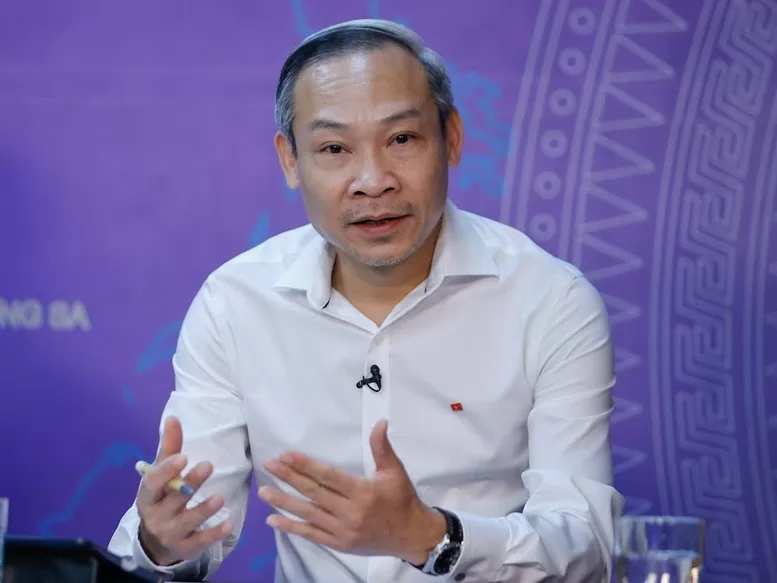 |
| National Assembly Delegate Phan Duc Hieu - Member of the National Assembly's Economic and Financial Committee. Photo: VGP/Nhat Bac |
Delegate Phan Duc Hieu assessed that to see the role of Resolution 68, it is necessary to look back at the history of the development of Vietnam's private economic sector through 3 main stages. In the first stage, from 1988 - 1990, the State began to change its perspective when it shifted from a reform mindset to recognizing the private economy, allowing this sector to participate in certain industries and fields.
The next milestone was the Enterprise Law of 1999 and 2000, which marked the institutional shift from "only doing what the law permits" to "doing everything that the law does not prohibit" . This reform also helped shorten the time to establish a business from months to a few days.
"Since then, we have continued to reform, but there has been no mark strong enough to create a turning point. Resolution 68 could be the third breakthrough, not only in terms of thinking but also in terms of institutional quality," Mr. Hieu commented.
Remove barriers, protect businesses, unlock resources
According to him, unlike the previous two phases that focused on recognizing and granting business rights, Resolution 68 reforms three major groups of issues:
Firstly, facilitating entry and operation in the market. The Resolution clearly identifies the removal of administrative barriers not only in the establishment stage but also throughout the operation process. One of the outstanding goals is to cut 30% of procedures and compliance costs for businesses.
Second, increase the level of protection for the private economic sector. An important new point in the resolution is the policy of not criminalizing economic and civil relations. This will reduce legal risks for businesses, something that previous reforms have not achieved.
Third, unlocking resources. In addition to factors such as access to land, capital, premises, and human resources, the Resolution also emphasizes a mechanism for quick and effective dispute resolution. For example, Mr. Hieu said that a two-year trade dispute could cause a business to be stuck with capital.
In addition, the Resolution also addresses the situation of slow repayment of payments to businesses, a problem that has existed for many years.
"If we look at the development process of the private economic sector, we can see three milestones: The 1988-1990 period was recognition; the 1999-2000 period was empowerment and institutional reform; currently, with Resolution 68, it is the period of improving quality, protecting rights and creating a comprehensive development environment," Mr. Phan Duc Hieu commented.
According to him, if seriously and effectively implemented, Resolution 68 can become a milestone of qualitative change, contributing to realizing the goal of developing the private economic sector into an important driving force of the Vietnamese economy, towards development goals by 2030 and vision 2045.
 |
| The messages presented in the Resolution are clear, strong and practical. Illustrative photo |
Entrepreneurs are soldiers on the economic front.
Participating in the discussion on the role of the private sector in the new development stage, Mr. Nguyen Duc Phat, representative of Asia Commercial Bank (ACB), said that the image of "businessmen as soldiers" is a typical example, reflecting the reality of the current business community.
According to Mr. Phat, Asia Commercial Bank was established in 1993 - a time that marked the strong development period of private enterprises after the renovation. Up to now, ACB is serving nearly 300,000 small and medium enterprises, along with more than 800,000 business households nationwide.
"With close companionship throughout the development process, we clearly understand the difficulties and pressures that businesses are facing, especially in the context of a volatile global economy and trade conflicts..." , he said.
ACB Bank's leaders emphasized that "entrepreneurs are truly 'warriors' in the true sense of the word" , having to maintain production and business activities while constantly innovating and competing in increasingly harsh conditions.
Resolution 68's identification of the private economic sector as "one of the leading driving forces of the economy" is considered by Mr. Phat to be a great encouragement, not only in spirit but also in setting clearer responsibilities for the business community.
"We and the business community have been waiting for such a policy for a long time. When the resolution was issued, we clearly felt that the implementation process was being carried out urgently and drastically, " he shared.
From a banking perspective, Mr. Phat believes that ACB plays the role of a "financial backer" for businesses. Accordingly, the bank's task is to ensure appropriate capital sources at reasonable costs, while investing in digital transformation and modernizing the payment system to create the most favorable conditions for business operations.
"We consider Resolution 68 a big step forward, a comprehensive reform not only for businesses but also for the entire Vietnamese economy," Mr. Phat emphasized.
ACB representative also said that creating a stable, transparent and low-legal risk business environment is a necessary condition for private enterprises to develop. He expected Resolution 68 to create momentum for substantive changes, helping the business community feel secure in investing and expanding production, contributing to the sustainable development of the economy.
Nearly 40 years of innovation have shown that the private economic sector has entered every corner of life, from the daily work of small traders providing essential goods and services to each citizen to large corporations and enterprises that have been bringing Vietnamese brands to regional and world markets. With more than 940,000 enterprises and more than 5 million business households in operation, the private economic sector currently contributes about 50% of GDP, more than 30% of the state budget, and employs about 82% of the total workforce. |
Source: https://congthuong.vn/nghi-quyet-68-nhung-diem-moi-dot-pha-de-kinh-te-tu-nhan-vuon-minh-386826.html


![[Photo] General Secretary To Lam arrives in Minsk, begins state visit to Belarus](https://vphoto.vietnam.vn/thumb/1200x675/vietnam/resource/IMAGE/2025/5/11/76602f587468437f8b5b7104495f444d)



![[Photo] General Secretary To Lam meets and expresses gratitude to Vietnam's Belarusian friends](https://vphoto.vietnam.vn/thumb/1200x675/vietnam/resource/IMAGE/2025/5/11/c515ee2054c54a87aa8a7cb520f2fa6e)

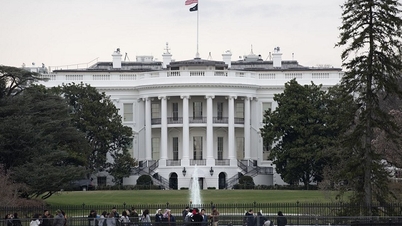




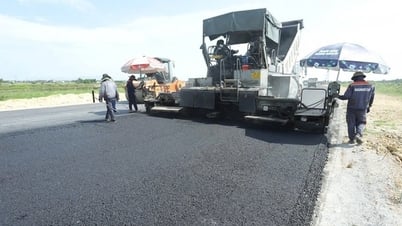






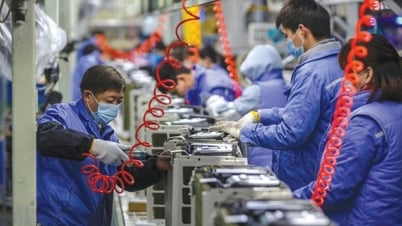




![[Photo] General Secretary To Lam concludes visit to Russia, departs for Belarus](https://vphoto.vietnam.vn/thumb/1200x675/vietnam/resource/IMAGE/2025/5/11/0acf1081a95e4b1d9886c67fdafd95ed)
















































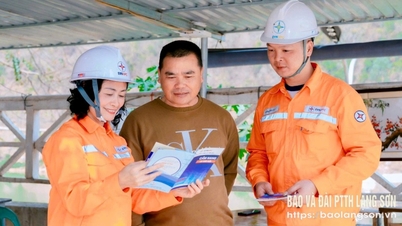



















Comment (0)